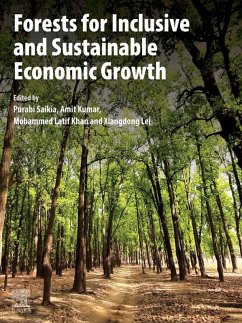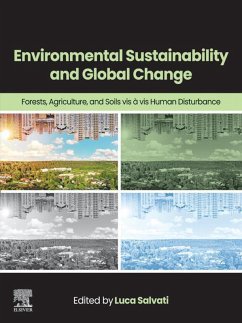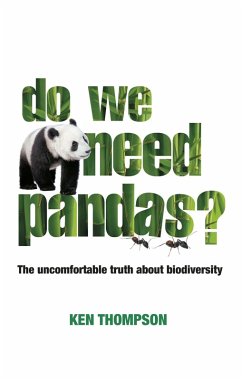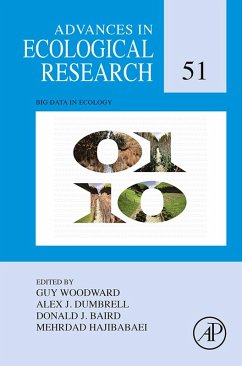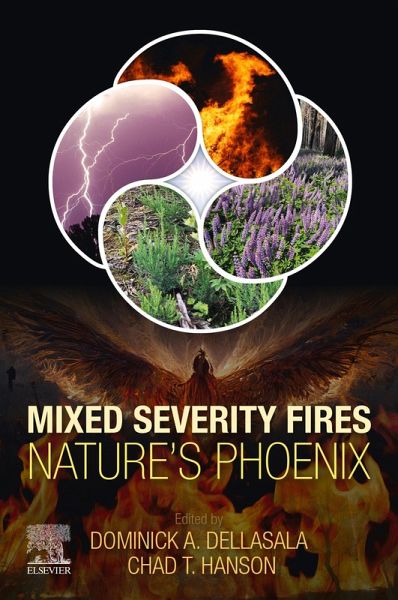
Mixed Severity Fires (eBook, ePUB)
Nature's Phoenix
Versandkostenfrei!
Sofort per Download lieferbar
79,95 €
inkl. MwSt.
Weitere Ausgaben:

PAYBACK Punkte
40 °P sammeln!
The second edition of Mixed Severity Fires: Nature's Phoenix focuses on wildfire as a keystone ecological process that has shaped plant and animal communities for over 400 million years. The book will describe the renewal process that follows wildfires in forests and chaparral ecosystems as "nature's phoenix" by drawing from examples of wildfire effects in several regions of the world.In addition, the book will describe management and policies that have contributed to wildfire problems, including climate change and land-use practices incompatible with nature's phoenix and what must happen to g...
The second edition of Mixed Severity Fires: Nature's Phoenix focuses on wildfire as a keystone ecological process that has shaped plant and animal communities for over 400 million years. The book will describe the renewal process that follows wildfires in forests and chaparral ecosystems as "nature's phoenix" by drawing from examples of wildfire effects in several regions of the world.In addition, the book will describe management and policies that have contributed to wildfire problems, including climate change and land-use practices incompatible with nature's phoenix and what must happen to get to coexistence with wildfires that are not going away no matter how much we try to suppress or alter fire behavior. This second edition of Mixed Severity Fires: Nature's Phoenix provides a comprehensive reference for documenting and synthesizing fire's ecological role. - Comprehensive and complete reference on wildfire ecology that includes the latest science and citations - Debunks debates on wildfire management that can be used by conservation groups and decision-makers to shift egregious wildfire policies - Contains a broad synthesis of the ecology of mixed- and high-severity fires, covering such topics as vegetation, birds, mammals, insects, aquatics, and management actions
Dieser Download kann aus rechtlichen Gründen nur mit Rechnungsadresse in A, B, BG, CY, CZ, D, DK, EW, E, FIN, F, GR, HR, H, IRL, I, LT, L, LR, M, NL, PL, P, R, S, SLO, SK ausgeliefert werden.





